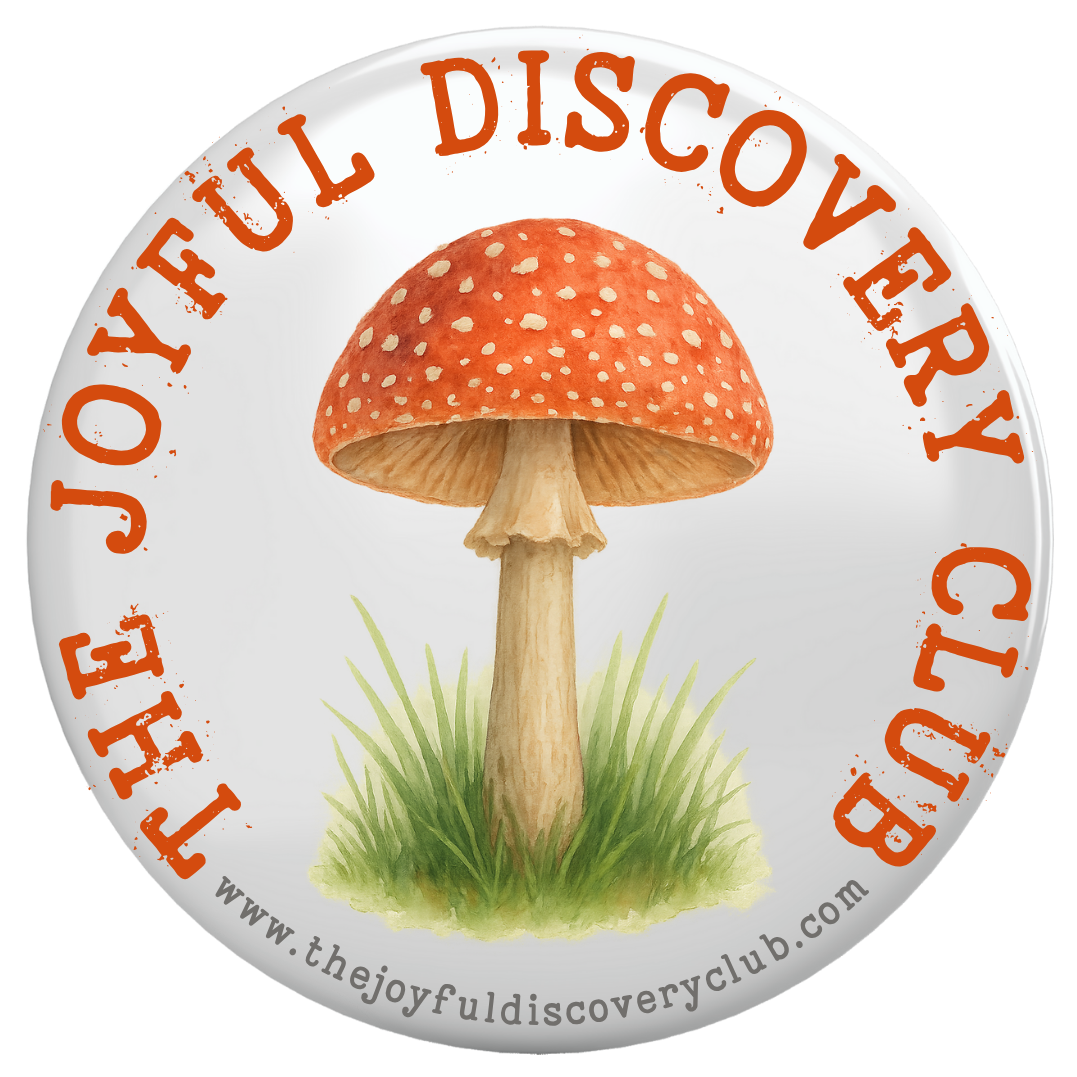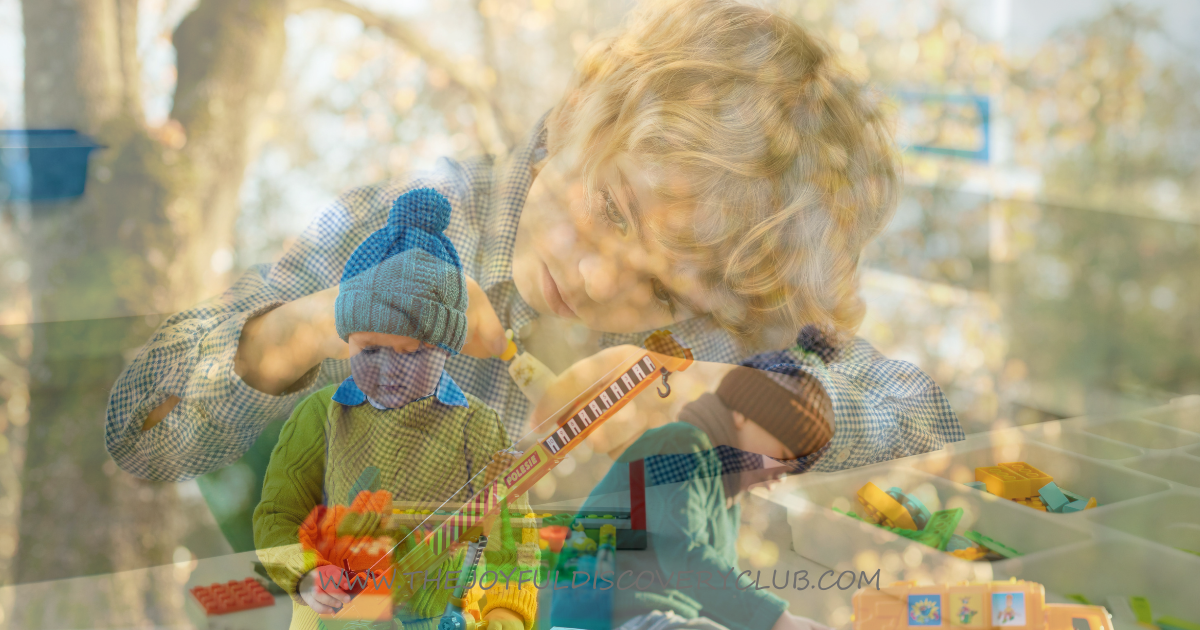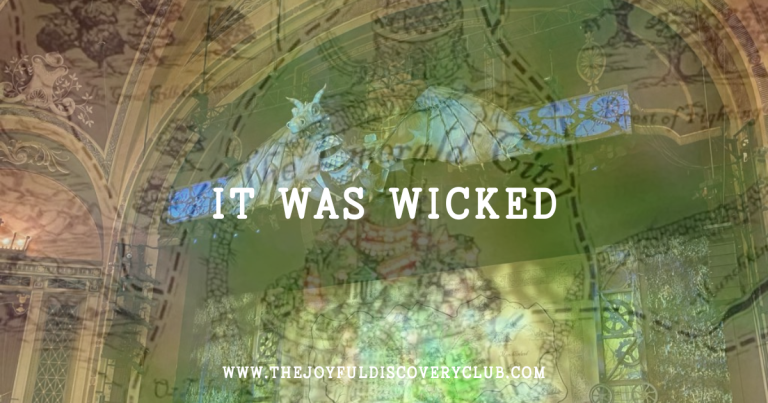The Rise of Unschooling for Neurodiverse Learners.
Are Traditional Schools Stifling our Children’s Development?
For those raising neurodiverse learners, there’s a quiet shift happening in family living rooms, kitchen tables, and parks.
More parents are asking, “Is this really working for my child?” when it comes to traditional schooling.
We’ve been sold the idea that education must look a certain way: classrooms, timetables, tests, and sitting still. But what if that model of neat rows and silent learning is actually the thing holding many children back?
When “normal” doesn’t fit
If you have a neurodiverse child, you’ll know that “normal” is a moving target. What works brilliantly one day can unravel the next.
Maybe your child thrives while building Lego structures taller than themselves but can’t hold focus during phonics drills. Or perhaps they can talk for hours about space or foxes but freeze at the sight of a worksheet.
In school, that may look like not trying. But at home, we see the truth, our neurodiverse child is trying, just differently.
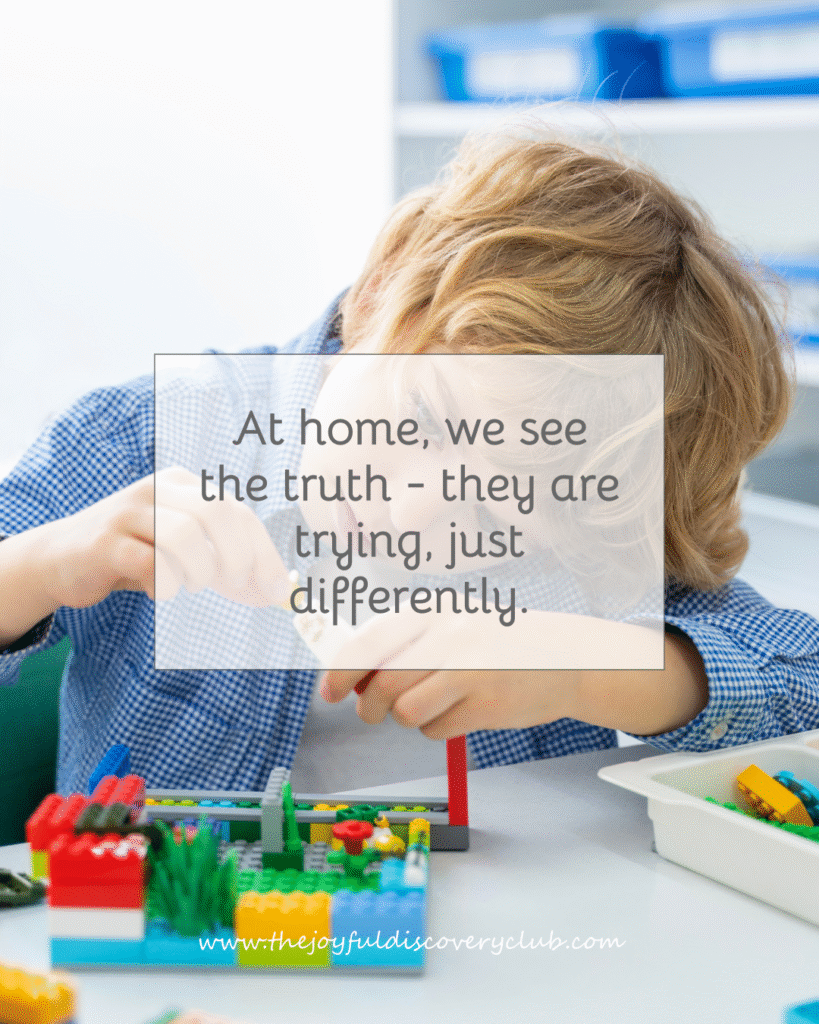
The problem with conformity
Traditional schooling is designed around averages: the average learner, the average pace, the average interest. Neurodiverse children don’t live in the land of average. Neurodiverse children live vividly – in colour, sound, texture, emotion.
When the system asks them to conform, it often dampens what makes them extraordinary: their curiosity, pattern-spotting, creativity, and intensity.
I’ve spoken to so many parents who say their neurodiverse child lost confidence after being told to “focus” or “try harder” when their brain was already working in overdrive. My own daughter lost so much belief in herself, she refused to try anything for fear of failure. It’s heartbreaking, isn’t it?
The rise of unschooling
Unschooling isn’t about never learning; it’s about learning differently. It’s about rebuilding trust that the world is a classroom and curiosity is the teacher.
For neurodiverse children, unschooling can feel like oxygen. They can move, pause, repeat, and dive deep into what fascinates them without shame. A day might look like experimenting with magnets, mixing potions in the kitchen, watching documentaries all day, building Minecraft biomes, or reading the back of cereal boxes and somehow, all of it counts.
And strangely enough, this is where learning becomes joyful again, because it’s personal.
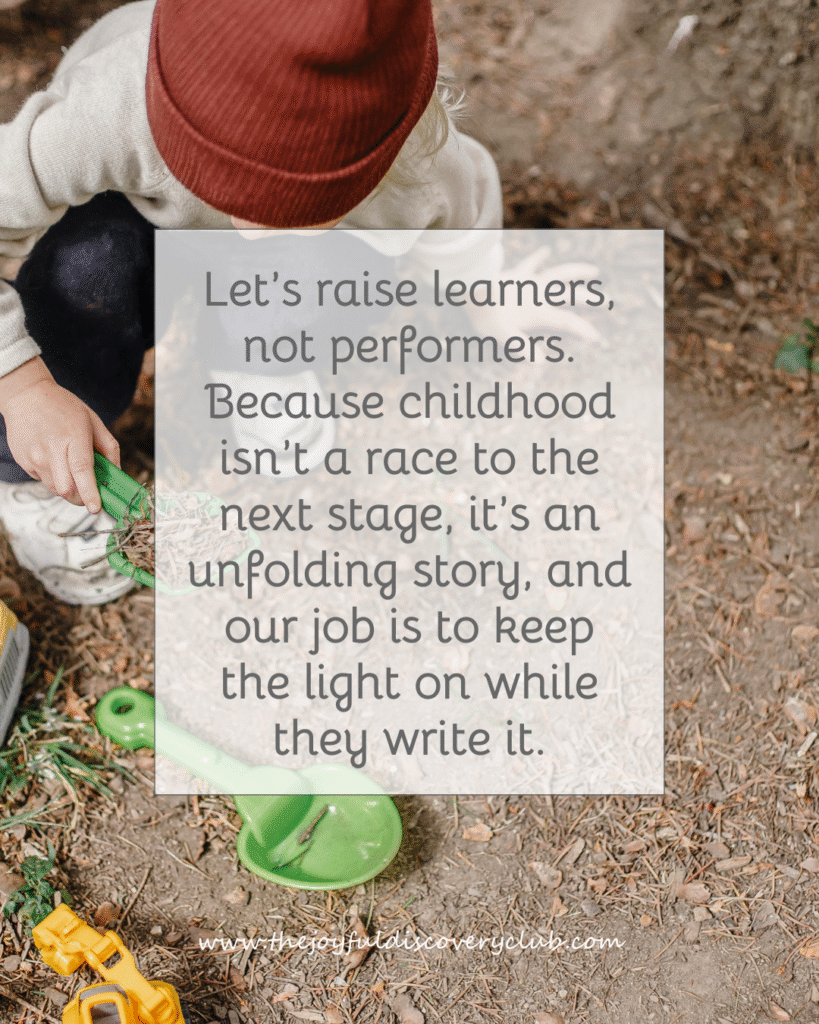
The science behind freedom
When children feel safe, their brains stay open to learning. That’s fact – it’s neuroscience. Stress and fear trigger the brain’s threat response, making it harder to think creatively or absorb information.
Many neurodiverse learners spend so much energy coping in school that little is left for actual learning. But when they can regulate – when movement, interest, and rest are allowed – their minds flourish.
A gentle reframe
Unschooling isn’t giving up on education; it’s about redefining it. Learning becomes visible in the small moments, the way they test a theory, comfort a friend, or question how clouds form. Those moments don’t always fit into worksheets, but they shape capable, curious humans.
A few ways to begin
If you’re curious about unschooling or just wanting to ease the pressure at home, try small shifts:
- Follow their fascinations. If your child is into trains, build maths around timetables, geography around routes, and art around design.
- Value conversation. Every “why” and “how” question is a door to connection and learning.
- Add movement. Let them jump, swing, or doodle while listening. The body helps the brain process.
- Notice your own conditioning. Sometimes it’s us, not the child, who needs to unlearn school habits.
Research and Resources
Before diving in, it’s essential to gather what you need to understand the principles of unschooling. The more you know, the better you can facilitate your child’s learning.
Affiliate Note: Some of the links in this post are affiliate links. This means I may earn a small commission if you choose to make a purchase, at no extra cost to you. Every bit helps support the Joyful Discovery Club. Thank you for being part of this adventure with me.
- Books:
- Teach Your Own by John Holt – This classic book by one of the pioneers of unschooling provides deep insights and practical advice on the unschooling philosophy.
- The Unschooling Handbook by Mary Griffith – A comprehensive guide that answers common questions and gives practical tips.
- Free to Learn by Peter Gray – Explores how children learn best and the importance of play-based learning.
The bigger picture
Unschooling isn’t a rebellion against education as some people would have you believe. It’s a return to it, the kind that values mental health, individuality, and the natural rhythm of growth.
It’s okay if you’re still finding your balance. None of us have it perfectly sorted. But each time we choose curiosity over control, connection over comparison, we give our children a better chance to thrive.
Maybe the real question isn’t just whether traditional schools are stifling our neurodiverse children but whether we’re brave enough to reimagine learning itself: slower, softer, shaped around real lives instead of rigid systems.
